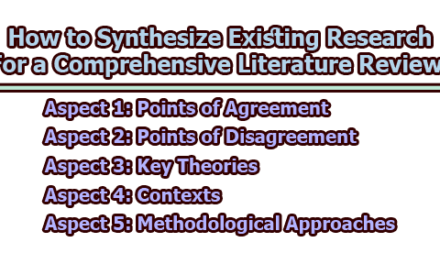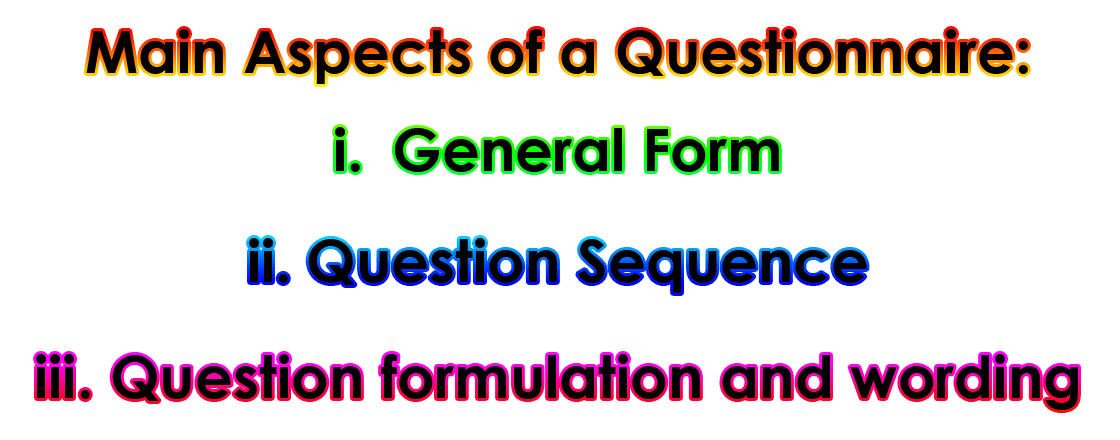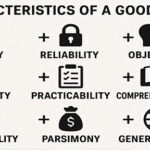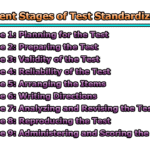Difference Between Research Background and Research Context:
Understanding the difference between research background and research context is crucial for anyone involved in academic or professional research. These two components serve different purposes and are essential in framing a research study properly. While both terms are related to the setting and justification of a study, they address different aspects of the research process.
| Aspect | Research Background | Research Context |
| Definition | The research background provides a summary of existing knowledge and past research relevant to the study. | The research context outlines the environment and circumstances in which the research is conducted. |
| Purpose | To establish what is already known and identify gaps in the existing literature. | To explain the specific conditions, settings, and factors that influence the research. |
| Content Focus | Historical development, key theories, significant findings, and major contributors in the field. | The situational, geographical, cultural, and temporal settings impacting the research. |
| Placement in Research | Typically found in the introduction or literature review section. | Often included in the introduction or methodology section. |
| Scope | Broader, covering a wide range of past studies and theoretical frameworks. | Narrower, focusing on the particular circumstances of the current study. |
| Role in Literature Review | Integral part of the literature review, providing a comprehensive overview of prior research. | May be referenced in the literature review but is more specific to the study’s unique setting. |
| Examples of Elements | Previous research findings, theoretical models, historical trends. | Research site description, cultural aspects, time frame, social and political environment. |
| Temporal Aspect | Primarily historical, summarizing past studies and developments. | Includes both current and specific temporal factors relevant to the study. |
| Relevance to Research Questions | Helps in formulating and justifying the research questions based on existing gaps. | Helps in understanding how the research questions are situated within the specific context. |
| Influence on Methodology | Provides theoretical and empirical foundations that inform the choice of methodology. | Influences the practical considerations and feasibility of the research methods chosen. |
| Role in Justification | Justifies the necessity of the study by highlighting gaps and inconsistencies in previous research. | Justifies the feasibility and relevance of the study within its specific context. |
| Impact on Data Collection | Guides what data should be collected based on what is known and unknown. | Determines how and where data can be collected considering contextual factors. |
| Relation to Research Goals | Aligns the study with broader academic and scientific goals. | Aligns the study with practical, local, or contextual goals. |
| Level of Detail | Extensive detail about prior work and theoretical underpinnings. | Detailed description of the immediate environment and situational factors. |
| Connection to Hypotheses | Background research informs the development of hypotheses. | Contextual factors might shape or refine the hypotheses. |
| Influence on Interpretation | Helps in interpreting findings in light of previous research. | Provides a lens to interpret findings within the specific setting. |
| Dependency on External Sources | Heavily relies on external academic sources, prior studies, and literature. | Relies on both external sources and direct observations or knowledge of the specific context. |
| Contribution to Knowledge Gap | Directly addresses the knowledge gap in the field. | Highlights how the study’s findings are relevant to the particular context. |
| Interdisciplinary Relevance | Often interdisciplinary, drawing on research from various fields. | May be more specific to the disciplines directly involved in the context. |
| Presentation Style | Academic, formal, and often dense with citations and references. | Descriptive, sometimes narrative, focusing on the specific details of the context. |
| Example | Discussing the history and findings of climate change research globally. | Describing the local climate conditions of a specific region where the research is conducted. |
| Challenges | Synthesizing a vast amount of literature into a coherent background. | Accurately capturing and describing the context without oversimplification or bias. |
| Utility in Research Proposal | Demonstrates the scholarly basis and need for the proposed study. | Shows the situational relevance and practical considerations for the proposed study. |
| Overall Contribution | Provides a foundation of knowledge and justifies the need for the study. | Ensures the study is grounded in a specific, real-world setting, enhancing relevance and applicability. |
In conclusion, while both the research background and research context are integral to a research study, they serve distinct functions. The research background establishes the scholarly foundation and identifies gaps in existing knowledge, whereas the research context situates the study within its specific environment, highlighting practical considerations and relevance. Understanding these differences helps in crafting a well-rounded and robust research proposal or study.

Assistant Teacher at Zinzira Pir Mohammad Pilot School and College










